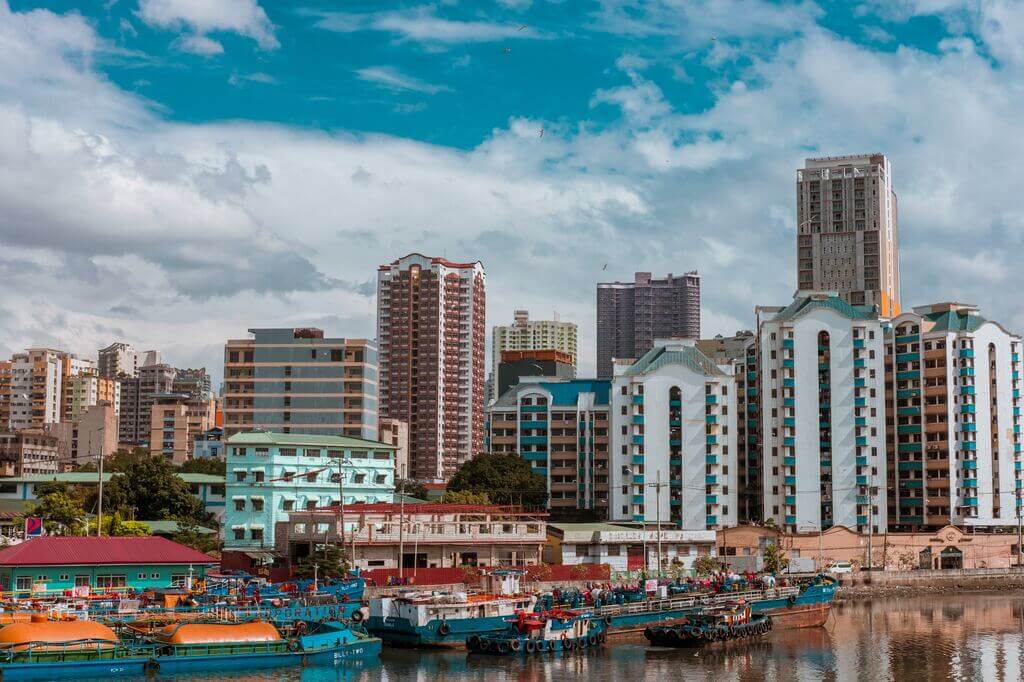The diverse landscape of Philippine REITs
The Philippine real estate investment trust (REIT) market has a diverse portfolio that includes a variety of income-generating properties, such as office buildings, residential complexes, and significant infrastructure projects. This diversity began in 2020 with Ayala Land initiating the country’s first REIT listing.
The essential aspect of REITs is their ability to offer hassle-free investing with benefits such as capital appreciation and steady cash flow through dividends while enjoying the liquidity that allows for quick and easy transactions – a sharp contrast to the burdensome processes often associated with traditional real estate dealings.
REITs are known for being investor-friendly since they distribute a minimum of 90% of their annual income to shareholders, providing a consistent source of revenue. This is especially advantageous in an inflationary market, as REITs usually move in sync with inflation rates. Additionally, REITs offer high liquidity, allowing investors to enter and exit the market more efficiently than traditional real estate investments that require long-term commitments.
Government encouragement for REIT expansion
The Philippine government is actively promoting and encouraging the expansion of Real Estate Investment Trusts (REITs) due to their potential to revitalize the economy. In fact, Finance Secretary Benjamin E. Diokno is urging the private sector to diversify REIT offerings, including assets from renewable energy sources. This effort aims to stimulate the economy and provide a broader range of investment opportunities for the public.
Implications for local and foreign investors
The introduction of REITs in the Philippines provides property owners with a new way to diversify their investment portfolios. It allows them to participate in the real estate market without the challenges of managing properties. Additionally, foreign investors can benefit from the Philippine REIT market, which is becoming more attractive due to regulatory changes and government support. However, it is essential for foreign investors to understand the specific regulations and market dynamics that govern REITs in the Philippines.







